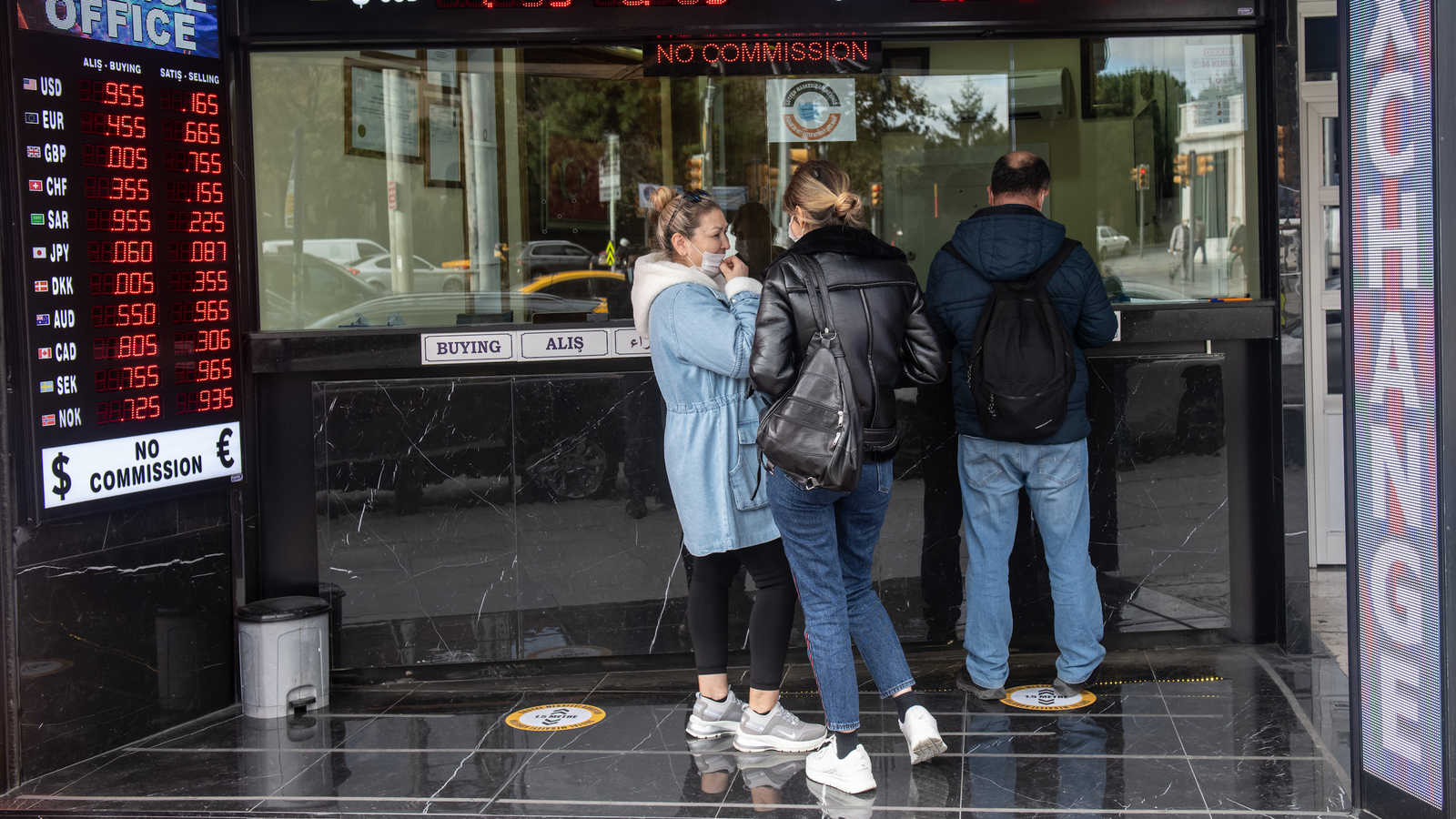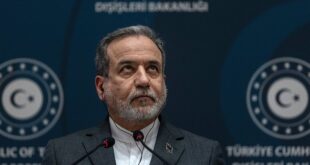
Turkey’s annual inflation hit 14.03% in November, well above forecasts, raising pressure on the nation’s new Central Bank governor to impose tight monetary policies.
Turkey’s annual inflation rose higher than expected in November, climbing to 14.03% according to data released Thursday by the Turkish Statistical Institute.
Up from 11.89% in October, inflation surged 2.14% in November to its highest level in over a year and above a Reuters poll that forecasted a 12.6% annual rate earlier this week. The rise was credited to growing consumer prices resulting from the Turkish lira’s devolution this year and puts pressure on the nation’s new Central Bank Governor Naci Agbal to impose tight monetary policies.
Following the announcement, the Turkish lira fell to 7.91 per dollar but then recovered and made gains on the day after statements by Turkey’s newly appointed Finance Minister Lutfi Elvan, who said in a series of tweets Thursday that officials would work to reel in inflation.
“We will coordinate monetary and fiscal policy tools to establish price stability and to manage inflation expectations,” Elvan tweeted after the inflation data was published.
The Turkish lira was trading at 7.78 per dollar at 6 p.m. Istanbul time, but remains down about 25% since the start of the year despite a 6.7% rally last month following the appointments of Elvan and Agbal to lead the nation’s main economic institutions.
The latest inflation figures reflect an increase in food and non-alcoholic drink prices, which rose 21.08%, along with an 18.67% increase in transportation costs due to higher oil prices. Wolf Piccoli, co-president and political risk analyst at Teneo Intelligence, said Thursday’s data made for “surprisingly bad reading,” adding low domestic confidence and high dollarization rates in Turkey were accelerating negative trends.
“When the currency devaluates, inflation becomes more of a problem, so the two go together,” Piccoli told Al-Monitor. “Right now, we’re in a bit of vicious circle.”
Piccoli noted many Turkish citizens bought dollars and gold to protect their savings when the lira made gains last month, signaling lack of faith in a new economic growth strategy Turkish President Recep Tayyip Erdogan has promoted in recent speeches.
In November, following the replacements of Finance Minister Berat Albayrak and Central Bank Governor Murat Uysal, Erdogan pledged to establish greater economic stability by restoring credibility in Turkish institutions among international investors. The new economy team has since lifted restrictions preventing speculators from betting against the lira, and Central Bank policy-makers raises interest rates by 475 basis points last month, the highest increase in over two years in an apparent return to mainstream economic policies.
The changes drew fanfare from international investors, and the lira made gains as a result, but Piccoli said more steps would be necessary to regain the trust of the general public.
“There is a big divide,” Piccoli told Al-Monitor. “The foreigners seem to believe in the new reform drive, whereas the locals are much more skeptical, and that’s why locals keep buying dollars and gold.”
He added, “So, the challenge for Erdogan here is convincing locals that things are changing, but it’s difficult to do it in an environment where the historical record is not great, where the government is not managing COVID-19 very well and where people don’t believe the official data.”
The state’s year-end inflation target for 2020 remains at 10.5%, though the rate has stubbornly remained in double digits for most of the year. While Agbal raised a key interest rate to 15% in his first rate meeting last month, the latest inflation data leaves Turkey’s interest rate at about 1% when adjusted for inflation.
Agbal and Central Bank policy-makers will likely face renewed pressure to further raise interest rates as a result of growing inflation in the next rate meeting, scheduled for Dec. 24.
The developments come as Turkey’s economy registered a higher-then-expected 6.7% growth rate in the third quarter, aided by a credit boost that helped markets rebound from a slump following the initial impacts of the pandemic.
 Eurasia Press & News
Eurasia Press & News


